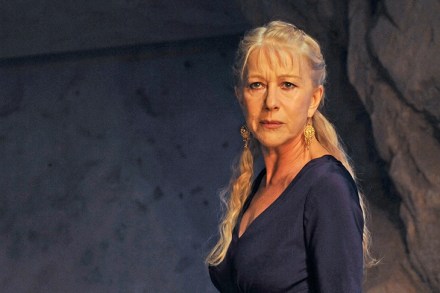Bodies pile up
A young girl finds the body of her nanny, brutally murdered, and the barely moving form of her mother, a second victim of the attack. The perpetrator of these deeds is the child’s father, who manages to flee the country and has never been seen since. This is the wound at the heart of Flynn Berry’s A Double Life (Weidenfeld, £14.99). Adulthood has given Claire Spenser no respite from her pain. Haunted by the horror she witnessed as a child, she now obsesses over every scrap of information about her father. She investigates his close friends and family, suspecting them of helping him to escape trial. But this isn’t a





















